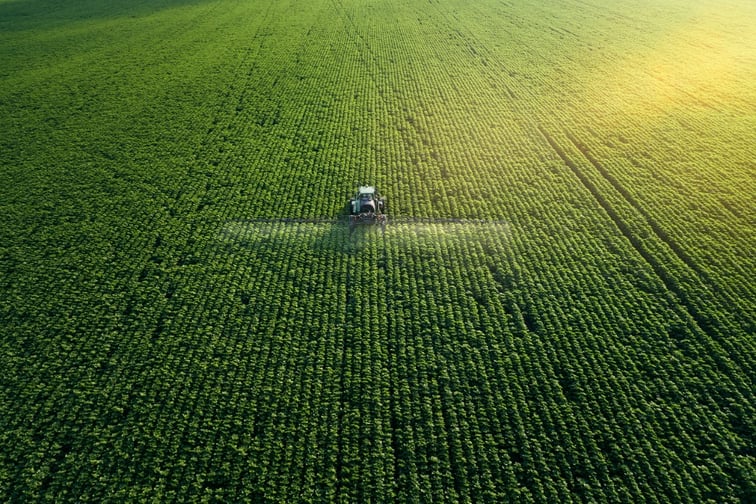

Farmers in Alberta are facing an increase in insurance premiums, but the hike will not be as high as the NDP had initially claimed.
While refuting claims by the opposition that premiums would rise by 60%, Agriculture and Irrigation Minister Nate Horner admitted that premiums will rise by an average of 22%, depending on crop type and location.
The increase is due to the rise in the value of specific crops, he said, along with significant payouts made in recent years.
According to Horner, the Agriculture Financial Services Corporation (AFSC) had paid out $4.1 billion in the last two years, with payouts of $2.8 billion in 2021 and $1.3 billion in 2022.
Horner pointed to the 2021 drought that hit the province, which he described as a “one in 80-year event as for AFSCs, and led to indemnity to pay in payments like we've never seen before.”
Central Alberta also saw significant hail damage during the summer of 2022, while other areas experienced drought conditions.
“With the heightened value of crops, the payouts were significant, so that was a major driver in the $1.3 billion,” Horner said during a roundtable meeting last week. “And also the cool dry spring and some other issues around canola probably led to a different-than-expected canola yield, especially in certain parts of the province.”
When asked if the province is worried about the impact of climate change and extreme weather events, agriculture and irrigation press secretary Mackenzie Blyth said the government has measures in place to help its communities, including the AgriRecovery initiative developed by both the federal and provincial governments in response to the drought in 2021.
“[The initiative] helped thousands of livestock producers cover their extraordinary costs and resulted in the largest payout in the 80-year history of AFSC,” Blyth told The Local Journalism Initiative, via St. Albert Gazette.
The province is also supporting farmers and ranchers as they collaborate to deliver the On-Farm Climate Action Fund (OFCAF) program funded by Agriculture and Agri-Food Canada, Blythe added, which aims to help farmers tackle climate change by adopting practices to reduce greenhouse gas emissions and store carbon.
What are your thoughts on the rising cost of crop insurance? Feel free to comment below.
